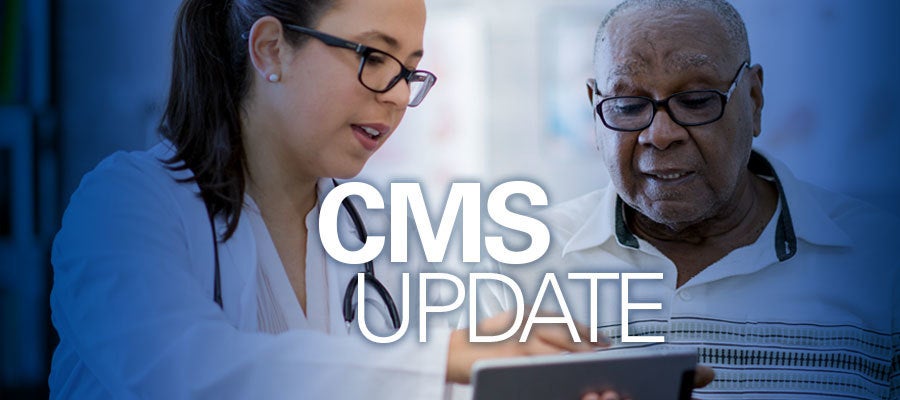
Rep. Madeleine Dean, D-Pa., sponsor of the AHA-supported Violence for Healthcare Employees (SAVE) Act, today participated in a roundtable discussion with Tower Health staff and others at Pottstown (Pa.) Hospital to learn more about the rise in violence and abuse against health care workers throughout the nation. The bipartisan legislation, also supported by the Hospital and Healthsystem Association of Pennsylvania (HAP), would give health care workers the same legal protections against assault and intimidation that flight crews and airport workers have under federal law, and authorize $25 million in grants over 10 years to reduce violence and intimidation in hospitals.





